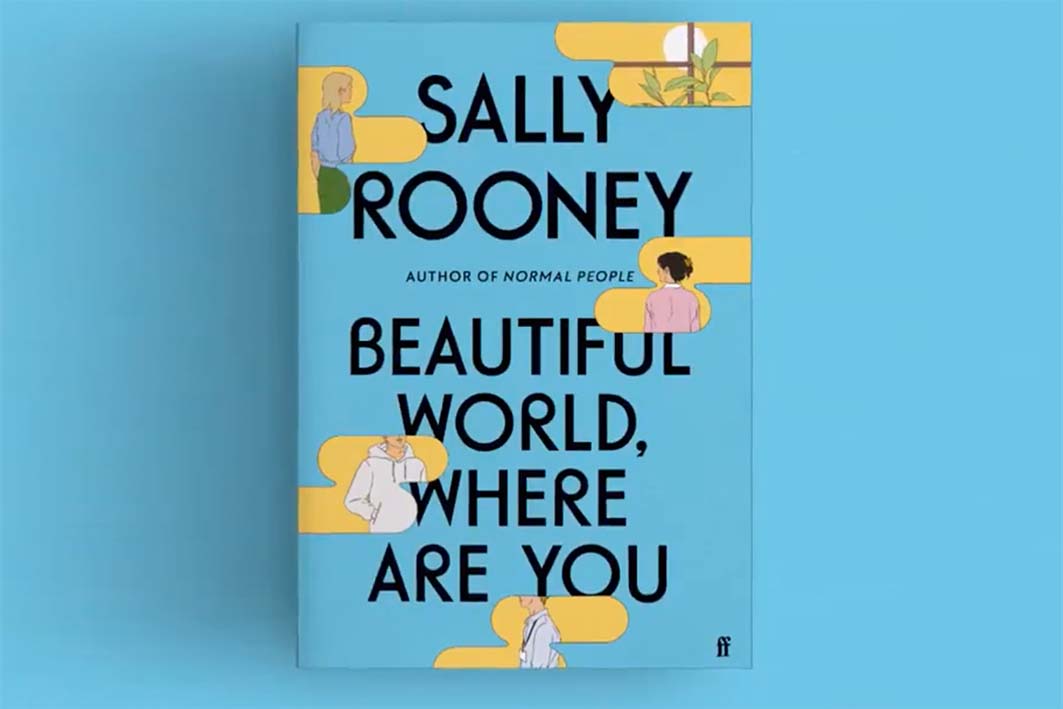By Leah Hocking
Although a rather bold departure from her previous two novels, ÔÇÿBeautiful World, Where Are You’ is still stamped with Sally Rooney’s signature minimalist writing style and overarching theme – young adults struggling to make sense of the world. Her third novel features her largest cast of characters yet with four protagonists: Alice, a successful novelist; Felix, a warehouse worker; Eileen, a writer at a literary magazine; and Simon, a political consultant. The novel largely explores the relationships, both platonic and romantic, that these four characters have with one another, with the friendship between Alice and Eileen taking centre stage.
The interactions and conversations that these characters have largely serve as a vehicle for philosophical pondering around climate anxiety, class-consciousness, communication, sex, love, and relationships. Much of this is done through the epistolary element of the emails that Alice and Eileen send back and forth, which is the primary way that readers are able to gain a deeper insight into their thoughts. Unlike Rooney’s previous work, ÔÇÿBeautiful World, Where Are You’ largely takes place outside of the character’s heads, the reader held at a distance to watch everything externally, and only really learning about the characters as they learn about each other (and sometimes even themselves).
One of the most striking things about the book is that it contains many musings that we all had as we entered lockdown for the first time. Over the course of the novel, the characters battle with many of the issues plaguing young people in the modern world, particularly reckoning with the knowledge that the world is quite literally falling apart, yet we still all spend so much time worrying about our own personal relations. The characters worry about their sex lives and their relationships and their friendships, intellectualising everything in an attempt to make sense of the world.
In this way, the book very much feels like a cultural touchstone for the pandemic experience, because it was during this time that many of us realised just how important our relationships are, and how important human connection is to us. With all the good, the bad, and the ugly in the world, at the end of the day all we have is people, all we have is each other, which feels like the main takeaway from the novel. The relationships we form throughout our lives is what makes the world beautiful, so maybe we don’t have to search too far to find a beautiful world after all. Maybe we’re already living in it.



